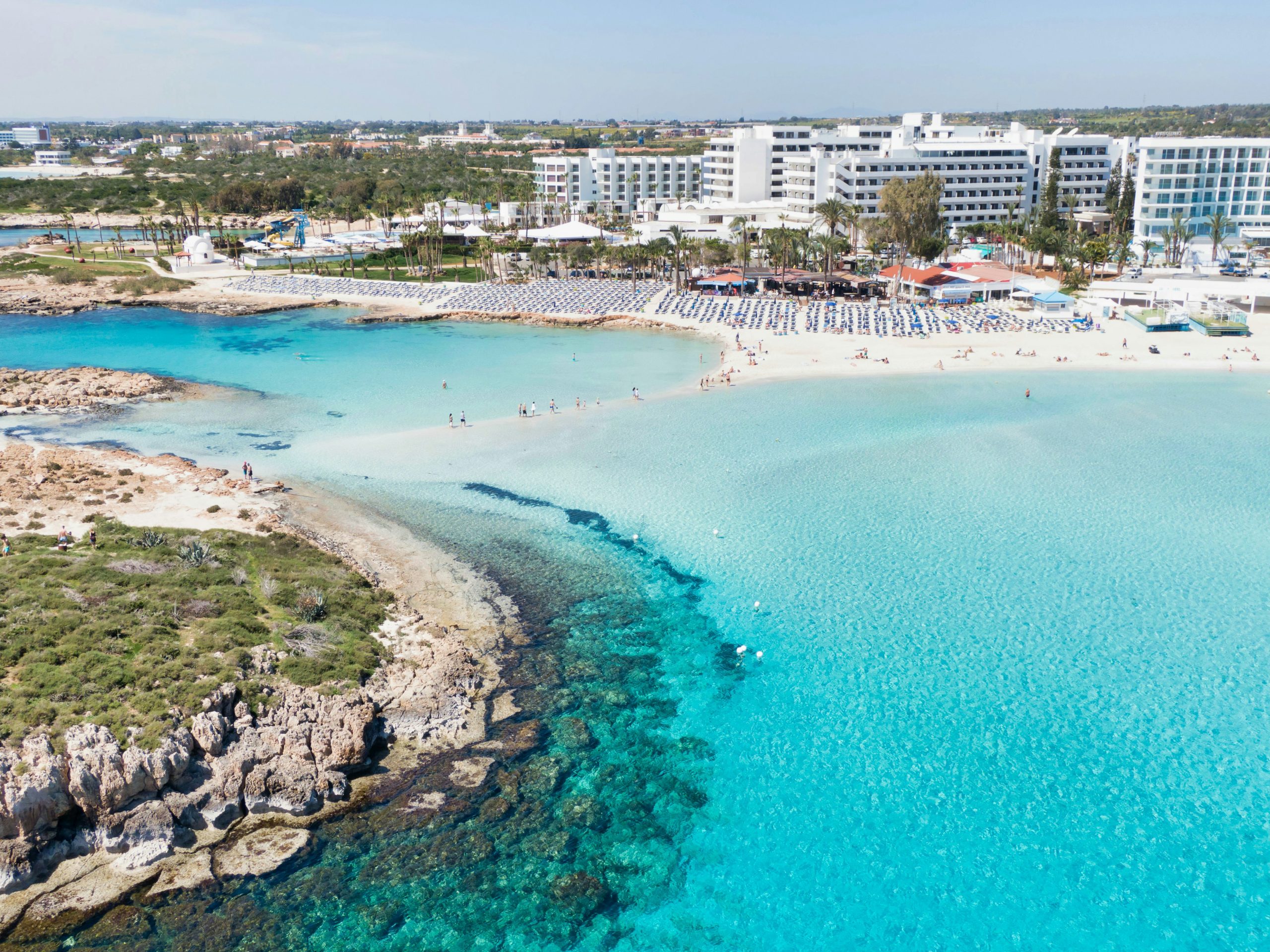Introduction
Over recent years, Cyprus revoking citizenship has emerged as a major development in the global residency-and-citizenship by investment landscape. Cyprus shut down its Citizenship by Investment (CBI) (Golden Passport) programme in November 2020. Since then, authorities have carried out extensive reviews and revoked a growing number of citizenships granted under the former scheme. For high net worth individuals (HNWIs) considering second citizenships, these actions send a strong signal: citizenship by investment is subject to retroactive scrutiny. Understanding what these revocations entail, what triggers them, and how investors can protect themselves is essential.
Background: What Happened in Cyprus
- The Cyprus Investment Programme (CIP) ran from about 2007 until November 1, 2020. It allowed non-EU nationals to acquire Cypriot citizenship by investing (originally at very high thresholds, e.g. €2-2.5 million), often in real estate or other approved assets.
- In 2020, following investigative reporting (notably Al Jazeera’s “Cyprus Papers”) and findings of regulatory failures, controversies over corruption, money laundering, and misrepresentation led to the programme being suspended.
- After suspension, the Cypriot government and independent inquiries (e.g. the Nikolatos Judicial Inquiry) reviewed all naturalisations under the CIP. These reviews found that a large percentage of approvals did not meet the legal requirements
What Revocations Have Already Occurred
- As of September 2025, 360 individuals have had their citizenship revoked, including 101 investors and 259 family members.
- Among these, 112 individuals have had their passports canceled.
- Grounds for revocation include false declarations, failure to disclose information, or material misrepresentations in applications.
- Also, involvement in serious crime, violation of public interest, or being subject to legal/ethical scrutiny (e.g. sanctions, corruption) are triggers.
Legal Basis and Procedure for Revocation
- Cypriot law allows deprivation of citizenship where the acquisition was via fraud, false statements, or if the citizen becomes involved in serious criminal behavior.
- Procedural safeguards: affected persons are given written notice, opportunity to object, review by an independent committee, then decision by the Council of Ministers.
- There is possibility for appeal: Administrative Courts, Supreme Courts, and ultimately European Court of Human Rights may be avenues
What Investors Must Watch Out For
To avoid revocation or disputes, investors should ensure:
- Full and accurate disclosure
All material facts—criminal history, political exposure, source of funds—must be disclosed truthfully. - Proper documentation & verification
All investment documents, property ownership, residency (where required) should be maintained, and not just superficially “ticked off.” - Understand compliance obligations
Even after naturalization, being aware of post-citizenship requirements: not violating public policy, not engaging in serious crime, maintaining any conditions tied to investment. - Legal counsel & due diligence
Engage experts to review application materials, ensure all legal and regulatory standards are met, especially in jurisdictions under high scrutiny. - Staying updated on policy changes
Countries may change rules, revoke citizenships retroactively, respond to international pressure and compliance standards (e.g. EU rules, anti-money laundering). Keeping informed is essential.
What It Means for the Citizenship by Investment Sector
- The Cyprus example reinforces that availability is not permanence: cancelled programmes do not just go away quietly—they may give rise to revocations years later.
- It underscores increasing global pressure (from the EU, international bodies) for transparency, adherence to AML (anti-money laundering), and rigorous due diligence.
- It adds to risk profiles for citizenship migration programmes; those with weaker legal frameworks or oversight are more vulnerable.
Conclusion & How Globalia Partner of Globevisa Group Can Help
For High Net Worth Individuals seeking second citizenship or residency options, the Cyprus revoking citizenship case is a cautionary tale but also an opportunity to craft strategies that are robust, compliant, and sustainable. Globalia can assist you with:
- Rigorous compliance checks upfront to ensure applications are honest, well documented, and meet all legal standards.
- Selection of jurisdictions whose laws and administration offer greater legal certainty and lower risk of retroactive revocation.
- Ongoing monitoring of regulatory changes, keeping clients briefed so they avoid surprises.
- Legal support to handle any revocation threat or appeal process, ensuring your rights are protected.


